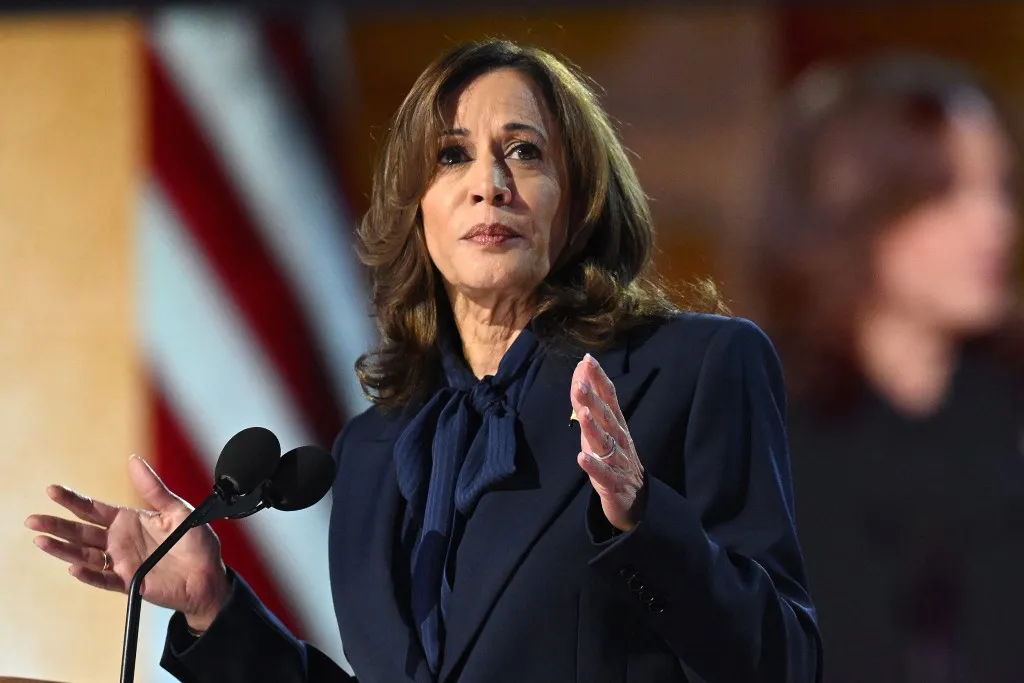Unrealized Capital Gains Tax: A New Financial Strategy for the Wealthy

Unrealized Capital Gains Tax Proposal
Vice President Kamala Harris' endorsement of a Biden administration plan proposes a tax on unrealized capital gains from stock investments. This plan emerged amidst growing discussions among conservative pundits and supporters of former President Trump who argue it resembles socialism or communism.
Current Tax System
Under the present structure, the federal government taxes profits only when stocks are sold, known as capital gains. Harris’ proposed initiative would change this by imposing a levy on stock holdings as their value rises, regardless of whether they are sold or not.
Target Audience
However, there is a significant specification; this tax would apply solely to a narrow group of Americans whose net worth exceeds $100 million. Estimates suggest this affects approximately 10,660 individuals in the U.S.
Wealth Disparity
Currently, there is no tax on unrealized capital gains, a situation that many across the political spectrum—predominantly progressives—view as a regressive oversight in taxation. The wealthiest 1% possess around 40% of their wealth in unrealized capital gains, considered by many economists a loophole for the affluent.
This article was prepared using information from open sources in accordance with the principles of Ethical Policy. The editorial team is not responsible for absolute accuracy, as it relies on data from the sources referenced.